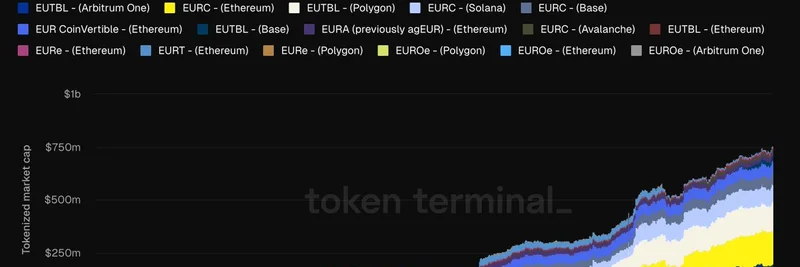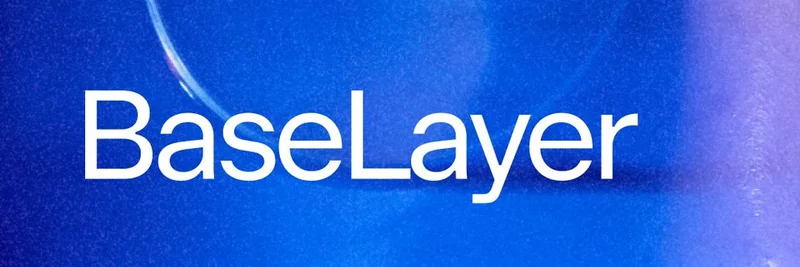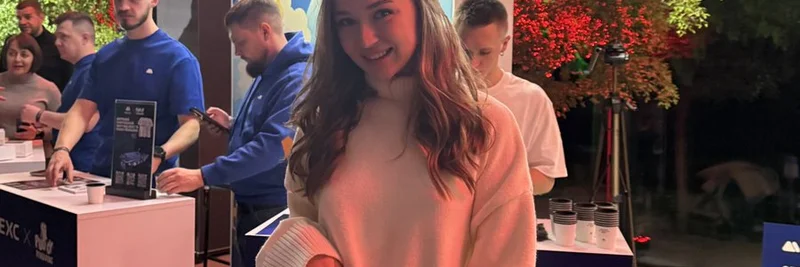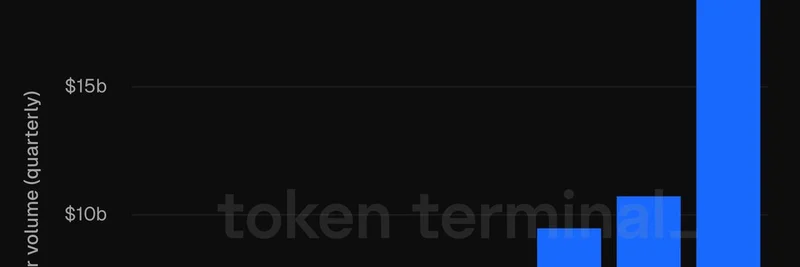In the fast-paced world of cryptocurrency, innovation often moves quicker than regulation. A recent post from Token Terminal highlights this perfectly: startups are already tokenizing the euro, building a massive on-chain presence well before the European Central Bank's (ECB) planned digital euro rollout in 2029.
Token Terminal, a leading crypto analytics platform, shared a striking chart showing the explosive growth of tokenized euros. These are essentially digital versions of the euro currency, pegged 1:1 to the real thing and living on blockchain networks. Think of them as stablecoins but specifically for the euro—reliable digital cash that doesn't fluctuate like Bitcoin.
The Numbers Tell the Story
According to the data, there's now around $750 million worth of tokenized euros circulating on various blockchains. That's a huge jump from just $100 million back in January 2023. This growth reflects increasing demand for euro-backed assets in decentralized finance (DeFi), where users can lend, borrow, and trade without traditional banks.
The chart breaks it down by specific tokens and the blockchains they're on:
- EUTBL on Arbitrum One: A major player in the stack.
- EURC on Ethereum: Circle's euro stablecoin, known for its transparency.
- EUTBL on Polygon: Showing Polygon's popularity for low-cost transactions.
- And others like EURC on Solana, Base, and Avalanche, plus variants such as EUROe and EURT.
This diversity means tokenized euros are available across popular layer-1 and layer-2 networks, making them accessible for everything from cross-border payments to yield farming in DeFi protocols.
Why Tokenization Matters
Tokenization is the process of turning real-world assets—like fiat currencies, stocks, or even real estate—into blockchain-based tokens. For the euro, this means faster, cheaper transactions that operate 24/7 without intermediaries. It's a game-changer for blockchain practitioners, especially those in Europe, where the euro is the dominant currency.
While the ECB is methodically preparing for its central bank digital currency (CBDC), the digital euro, with a target launch in 2029 as announced recently, private startups aren't waiting around. Companies like Circle (behind EURC) and Tether (with EURT) are filling the gap, driven by market demand.
The ECB's approach includes a preparation phase that started in 2023, aiming for technical readiness and potential pilots by 2027 if legislation passes in 2026 per their latest updates. But as Token Terminal points out, the private sector is already miles ahead.
Implications for the Meme Token Ecosystem
At Meme Insider, we focus on meme tokens, but this trend in euro tokenization has ripple effects. More euro stablecoins mean better liquidity for European traders diving into meme coins on chains like Solana or Base. Imagine swapping euros directly for the latest viral token without fiat on-ramps—it's smoother onboarding and could fuel the next meme frenzy.
Plus, as blockchain tech matures, tokenized fiat like the euro bridges traditional finance and the wild world of memes. It provides stability amid volatility, letting creators and investors experiment with less risk.
Looking Ahead
This surge in tokenized euros underscores a key theme in crypto: decentralization drives innovation faster than centralized planning. While the ECB's digital euro will bring official backing and potentially wider adoption, startups are proving that the market won't wait.
For more details, check out the original post from Token Terminal. If you're building in blockchain or just curious about meme tokens, stay tuned to Meme Insider for the latest insights.
What do you think—will tokenized euros hit $1 billion by 2026? Share your thoughts in the comments!




